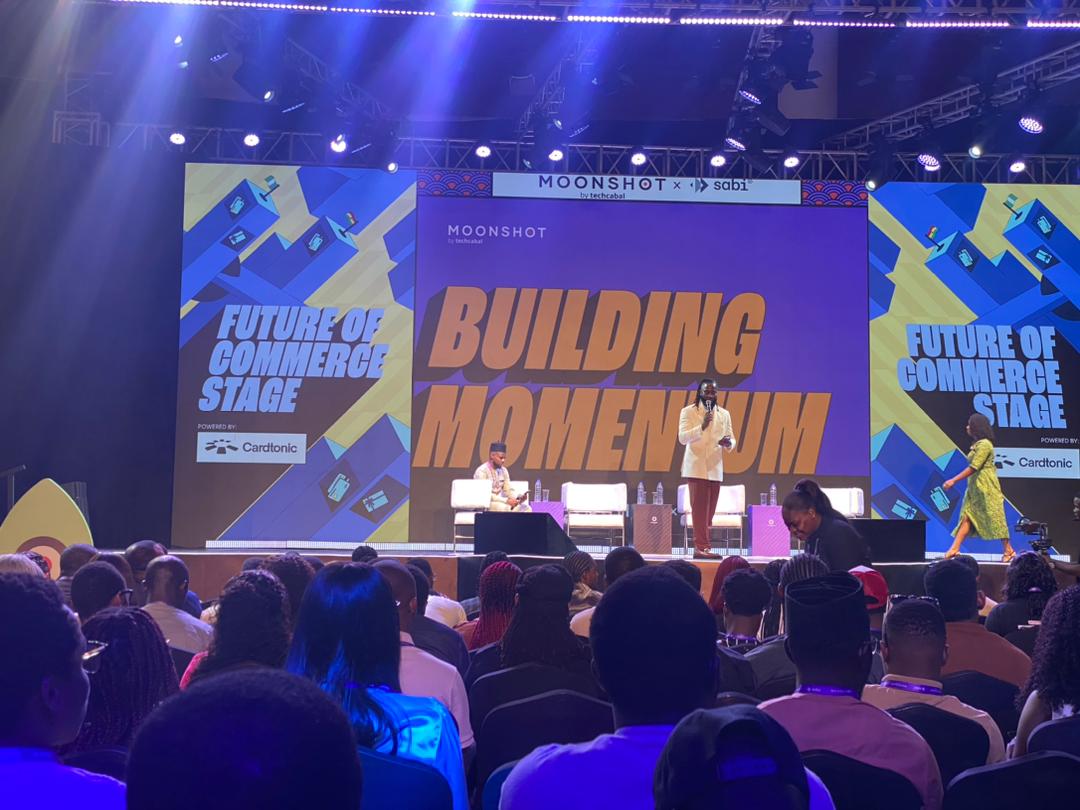The ‘biblical moment of plenty’ for African tech is decidedly over. The easy money that fueled sky-high valuations and a $3.21 billion funding peak in 2022 has evaporated, leaving a stark $797 million landscape two years later.
This “brutal correction,” as investors call it, dominated a sobering discussion at the recently concluded Moonshot 2025 conference. The central question, posed by Emmanuel Paul, Head, Strategy and Content at Businessfront Inc., was simple: “Where did all the funds go?” But more importantly, what financial models should startups consider going forward?
“Fundraising is not a one-size-fits-all. You would need to engage and see the one that fits your strategy,” Bernard Ghartey, Principal at Norrsken22, said at the panel. “VCs expect to gain 5-10x of the money invested within five years. This could be a uphill task for early-stage founders.”
Lola Masha, a Partner at Antler, advised founders to understand what stage their businesses are at, as it will determine the risk. “At an early stage, debt financing might be tough. Banks are looking for cash flow,” she said, at the panel titled “Financing models that support scale in commerce.”
The answer from the panel of investors was blunt: The money didn’t just disappear; it got smarter, more demanding, and profoundly risk-averse. And for founders still operating on the 2022 playbook, the remaining capital is riddled with traps.
“Valuation is important… but that’s not the only thing,” warned Ghartey, Principal at Norrsken22. He cautioned that in the scramble for cash, founders are ignoring the fine print that costs them their companies.
“You should optimise how much dilution you are taking,” he added, painting a grim picture of founder trajectories. A team might own half the business at the seed stage, but after multiple rounds, “By series C, you own a single digit.”
The result? “Lots of founders walk away from businesses they built.”
Ghartey’s warning centred on the Faustian bargain of a high valuation: It often comes with toxic terms. He urged founders to obsess over liquidation preferences and board composition, concluding the session with its most critical takeaway: “The right deal is the one that gives you capital to grow and preserves your ability to lead the team.”
Masha echoed the same sentiment, targeting the “eagerness” of founders desperate for a lifeline.
“Founders want the money, but please read the contract,” she implored. “If the legalese is uncomfortable, get a lawyer. Use ChatGPT and Google. Understand the conditions and terms… Do not be eager to sign.”
With traditional VC funding now a high-risk gamble, the panel pivoted to a new gospel: alternative finance. The best example of alternative capital is debt financing which has surged since 2020, climbing 111% by 2024 to $589 million. By the first quarter of 2024, deals combining debt and equity accounted for nearly 18% of funding rounds up from 6% in 2021.
“Folks need to get creative with funding,” Masha added.
Lavanya Anand, Investment Director at AfricInvest Group, championed a return to fundamentals. “Being asset-light helps,” she advised, advocating for bootstrapping in the early days.
Anand also highlighted “revenue-based financing,” a hybrid model sitting between equity and debt where investors are paid from revenues after a certain threshold is hit, as a key tool for the new funding environment. The panel agreed that models like grant funding and, for commerce businesses, supply chain financing, are no longer “alternative” but essential.
Get passive updates on African tech & startups
View and choose the stories to interact with on our WhatsApp Channel
Explore




